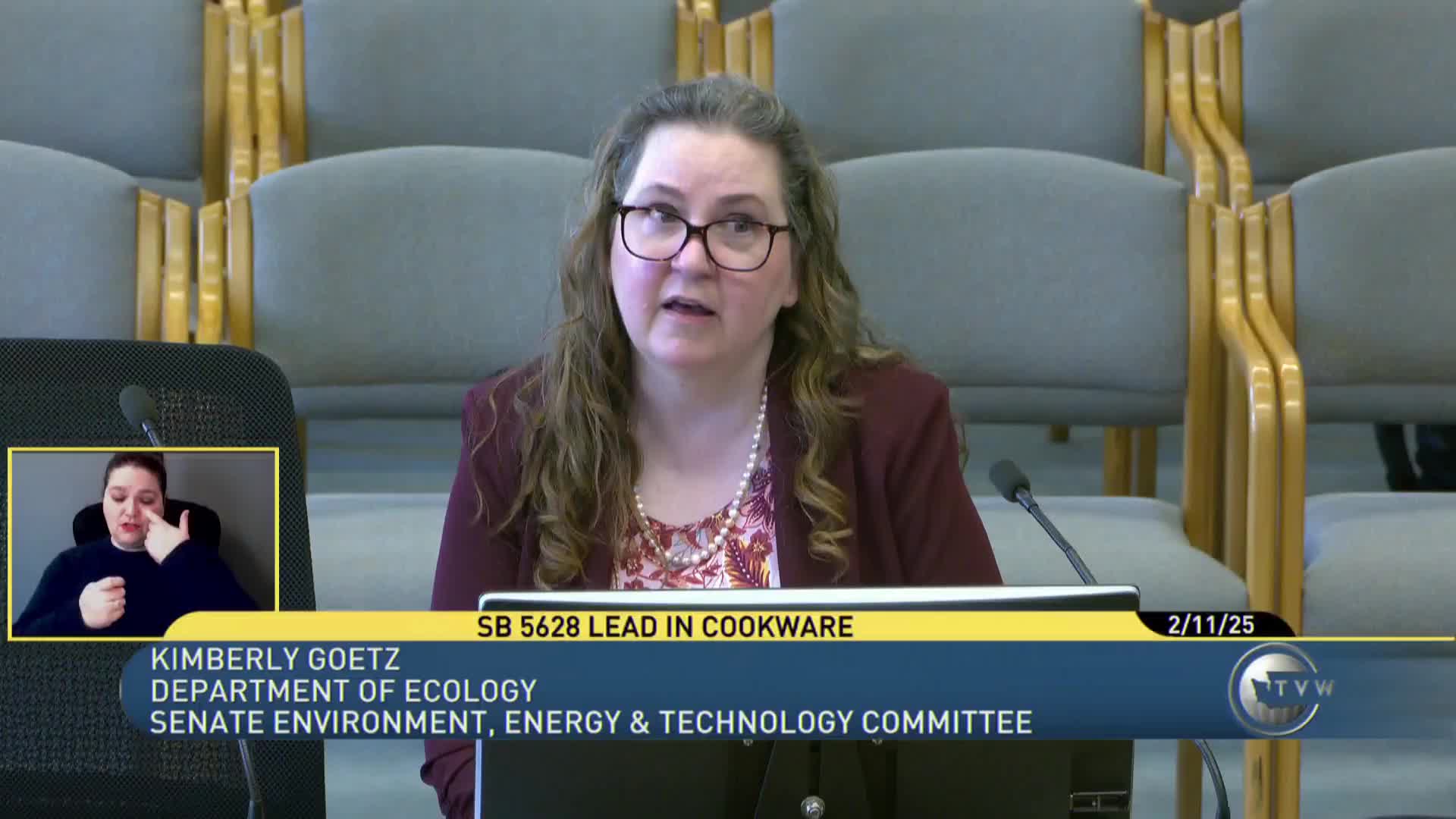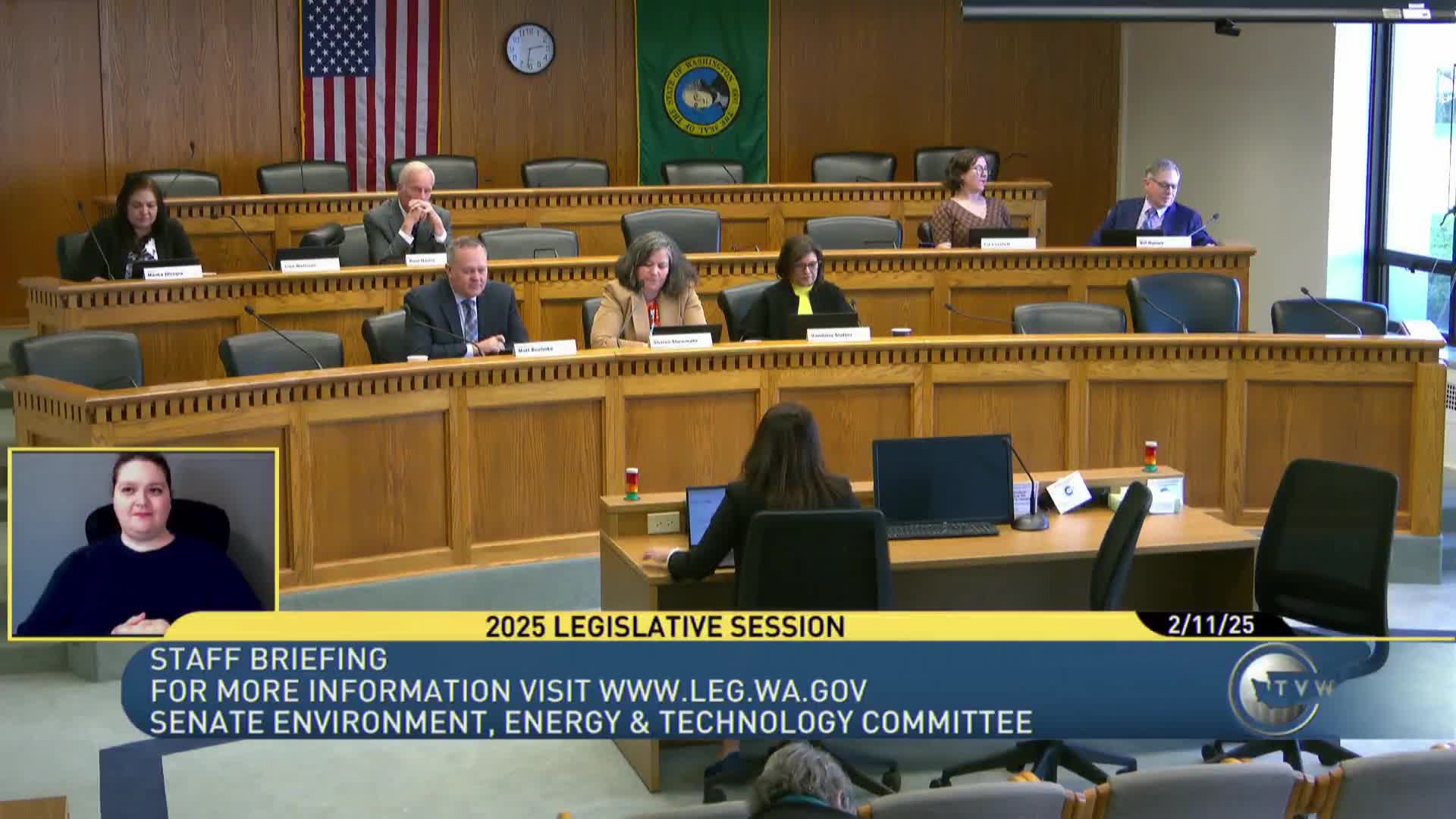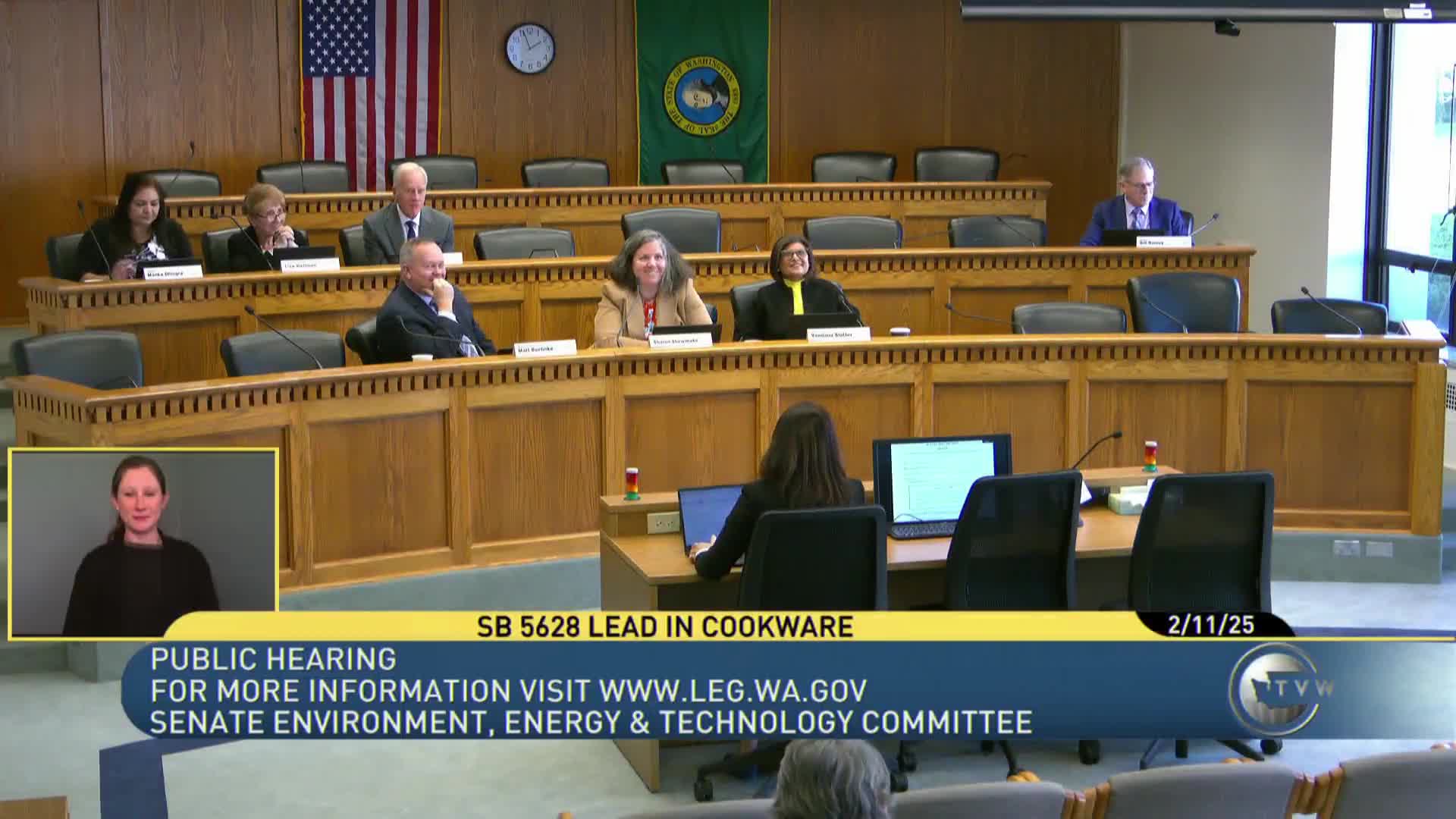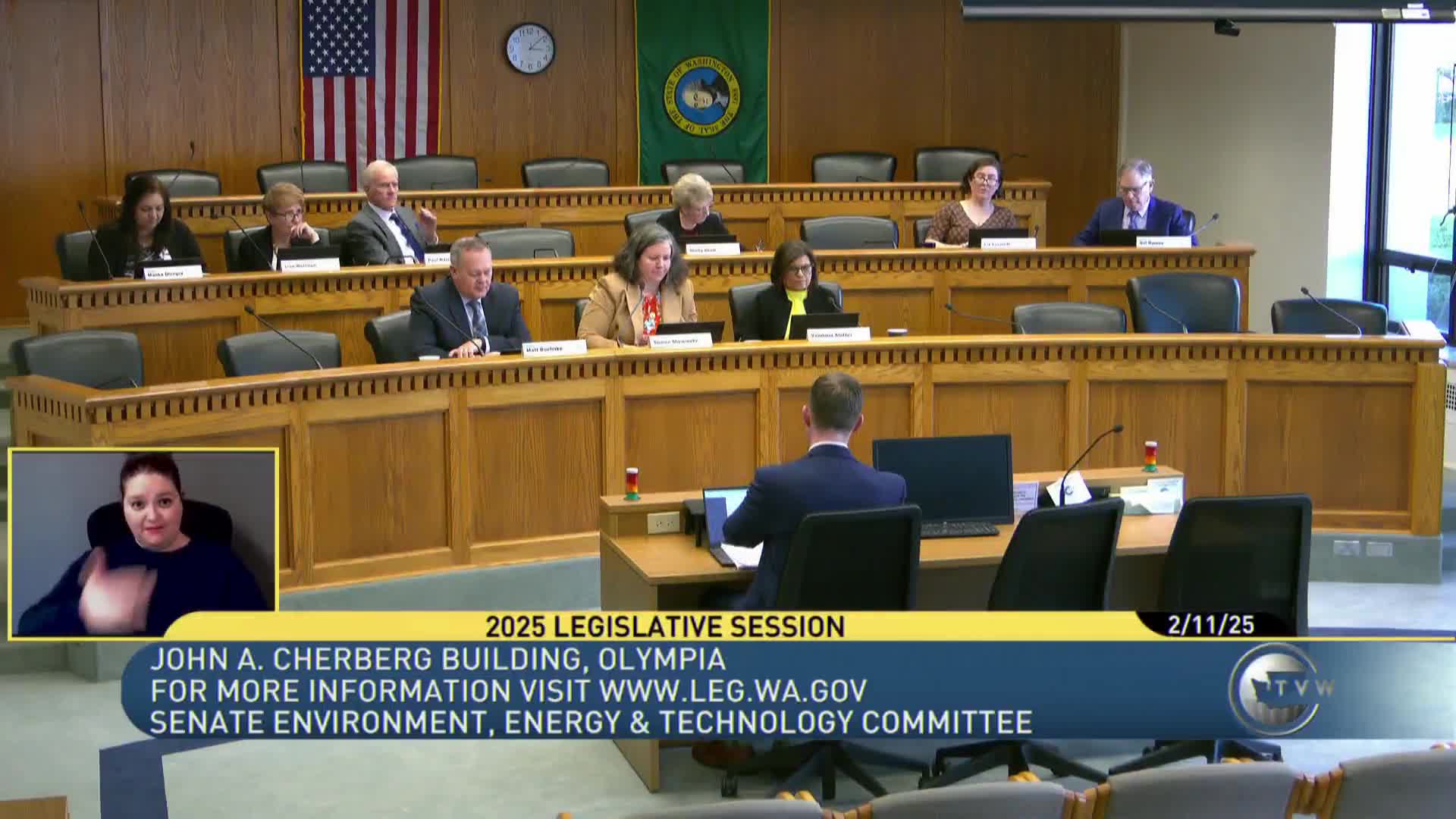Article not found
This article is no longer available. But don't worry—we've gathered other articles that discuss the same topic.

Senate committee hears bill to codify state lead renovation, repair and painting program

Debate over immediate electronic ticket delivery highlights fraud, bot and venue concerns

Committee weighs fixes to lead-in-cookware law amid testing, enforcement disputes

